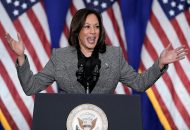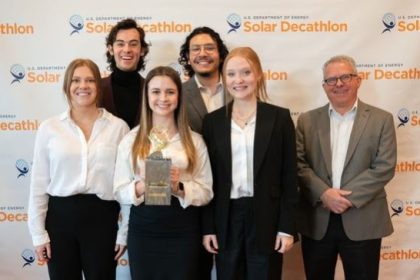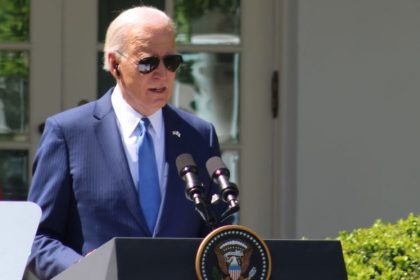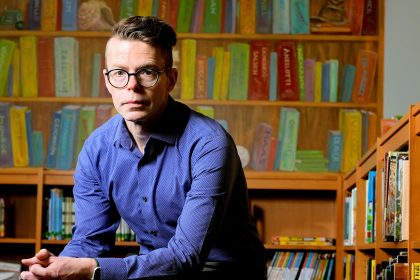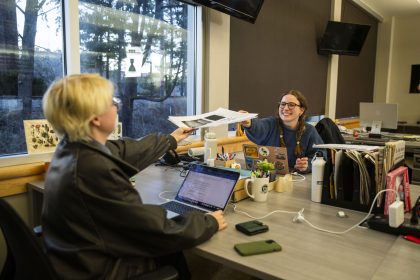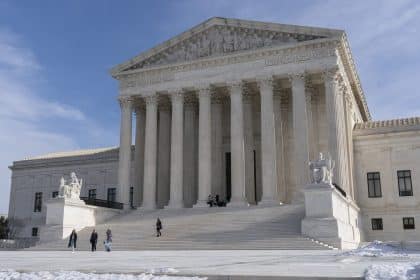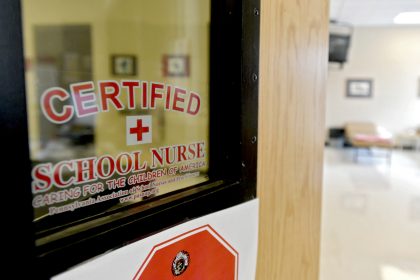Protecting the Arts in Higher Education

This week Americans for the Arts, a leading arts advocacy nonprofit organization, is hosting the National Arts Action Summit, a virtual week-long summit that brings together arts advocates from around the country to hear from experts on arts policy, arts education and more. The summit is a prelude to next week’s Arts Advocacy Week, where arts advocates will meet with their congressional leaders to garner support for pro-arts issues.
In a webinar titled “Protecting the Arts in Higher Education,” higher education experts weighed in on what specific legislative changes can be made to strengthen equitable access and affordability of higher education in the arts.
Deborah Obalil, president of the Association of Independent Colleges and Universities, started with a discussion on policy mechanisms that impact the arts in higher education.
The reauthorization of the Higher Education Act was highlighted by Obalil as an opportunity to address and strengthen the relationship between the federal government, colleges and universities, and students in the areas of college affordability, equity, debt forgiveness and more.
“It [the Higher Education Act] is the federal policy that impacts all of higher education, that dictates everything from student aid to credit hours and everything you can imagine with higher education” explained Obalil.
Obalil noted while reauthorization of the Higher Education Act has been attempted by Republican and Democratic leadership since its last reauthorization in 2008, the bill itself has yet to be reauthorized.
“Currently, there are no actual bills in place that have been introduced in this current Congressional session to reauthorize the Higher Education Act,” Obalil said.
“So instead we have policy asks, which we would be happy to see either addressed through a comprehensive reupdation of the Higher Education Act or through standalone legislation.”
Among the standalone policies, the panel included federal financial aid to ensure equitable access and affordability for college students. They also asked Congress to support financial aid that encourages students to pursue their areas of interest, instead of aid that limits what students can study.
Panelists discussed the need for Congress to consider increasing federal funding for the Pell Grant, with a specific focus on doubling the maximum Pell amount low-income students can receive.
Emmanual Guillory, director of student and institutional aid policy at the National Association of Independent Colleges and Universities, argued that expanding the Pell grant will help college students afford their higher education and protect school choice.
“There’s been a lot of calls for free college of some sort for some degree,” Guillory began, “however… the Pell grant is a cornerstone of federal financial aid.
“And so with the Pell grant, that money and the money in the higher education system for the most part follows the student and allows the student to continue to choose the institution and the program that they think is best for them. And we want tomake sure we keep that integrity there,” stated Guillory.
“And with that being said, when we double the Pell grant, obviously, it helps with a conversation we’re going to have later on regarding student loan debt and it continues to allow students to choose really what the best education is for them,” added Guillory.
Lee Ann Scotto Adams, executive director of the Association of Arts Administration Educators, asked Congress to consider supporting the Public Service Loan Forgiveness program, a bipartisan backed program that allows eligible student borrowers to receive forgiveness on their Direct Loans after making 10 years’ worth of payments while working as public servants for qualifying employers such as nonprofit organizations.
According to Adams, the PSLF helps alleviate the high costs associated with higher education and positively encourages career choices for arts students, however she noted that the PSLF has historically been an underutilized program since most borrowers are either not aware of the program or have been denied forgiveness due to technicalities of not fulfilling the program’s “rigid requirements.”
Adams continued by explaining the Department of Education recently committed to “removing unnecessary administrative burden” for the PSLF.
“We believe that while this is a positive step forward, we are in favor of any legislation that promotes positive outcomes for PSLF borrowers and this would significantly help our art institution graduates who take advantage of the program, encouraging them to make education and make career choices in the arts,” stated Adams.
Obalil emphasized the need to support meaningful debt forgiveness by talking about the importance of closing racial equity gaps in education.
“Closing racial equity gaps in education is overall good for the American economy,” stated Obalil.
“As stated in the most recent analysis of the American Rescue Plan, ‘an analysis shows that closing racial gaps in wages, housing credit, lending opportunities, and access to higher education would amount to an additional $5 trillion in GDP in the American economy over the next 5 years.’
“Clearly, access to higher education is a meaningful investment for the overall economy of America, and so we encourage Congress to support meaningful debt forgiveness in order to achieve greater equity, particularly around racial lines.”
To put the arts’ impact into perspective, Samuel Hoi, president of Maryland Institute College of Art, elaborated on the benefits and return on investment of an arts education.
“In 2019, prior to the pandemic, economic activity in the sector had been expanding.
“Production of arts and cultural goods and services in the U.S. added 4.3% directly to the nation’s GDP, for a total approaching nearly one trillion dollars.
“This amount remains greater than the combined value added by industries that the average citizen would deem as more ‘productive’ industries. The arts sector is adding more value than other industries such as construction, transportation and warehousing, mining, and agriculture,” noted Hoi.
He explained the creative workforce was steadily on the rise prior to the pandemic.
“More than 5 million workers are employed in arts and cultural industries as measured by the Bureau of Economic Analysis,” said Hoi. “And these workers’ total payroll represent a total compensation of $466 billion. And this figure does not include self-employed arts workers, which is now a very significant addition to the national economy.”
“So again, these numbers… all indicate the direct impact of the arts in the national economy,” Hoi emphasized.
Hoi noted degree conferrals in the arts were also experiencing growth in conjunction with the growing workforce.
“The number of college arts degrees conferred annually rose steadily from 1997 to 2013 from 75,000 to 139,000. And in 2019, right before the pandemic, visual and performing arts degrees totaled 153,000.
“And that’s why it’s important to advocate for financial aid policies that would allow students to gravitate towards and get to pick and choose disciplines and interests that they want to study.”
Towards the end of the webinar, Guillory shared tips on how others can advocate for the arts during Arts Advocacy Week with lawmakers.
Among his tips, Guillory said that he thinks that sharing data and statistics on the arts and arts education would be effective when talking to lawmakers.
“Members of Congress can’t argue facts,” Guillory stated bluntly.
The National Arts Action Summit will be held virtually all week with Americans for the Arts. A full agenda of the events can be found on the organization’s website.












